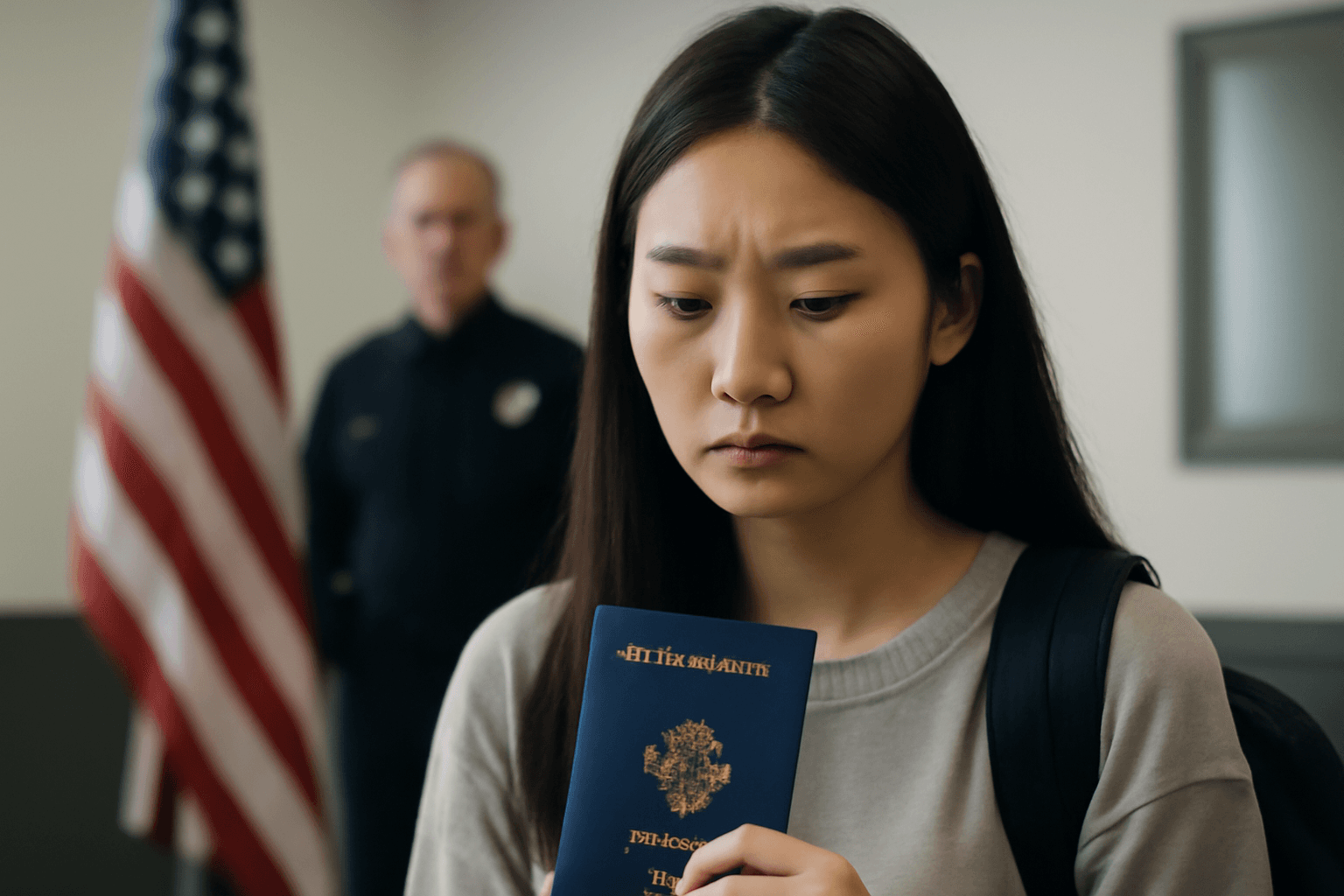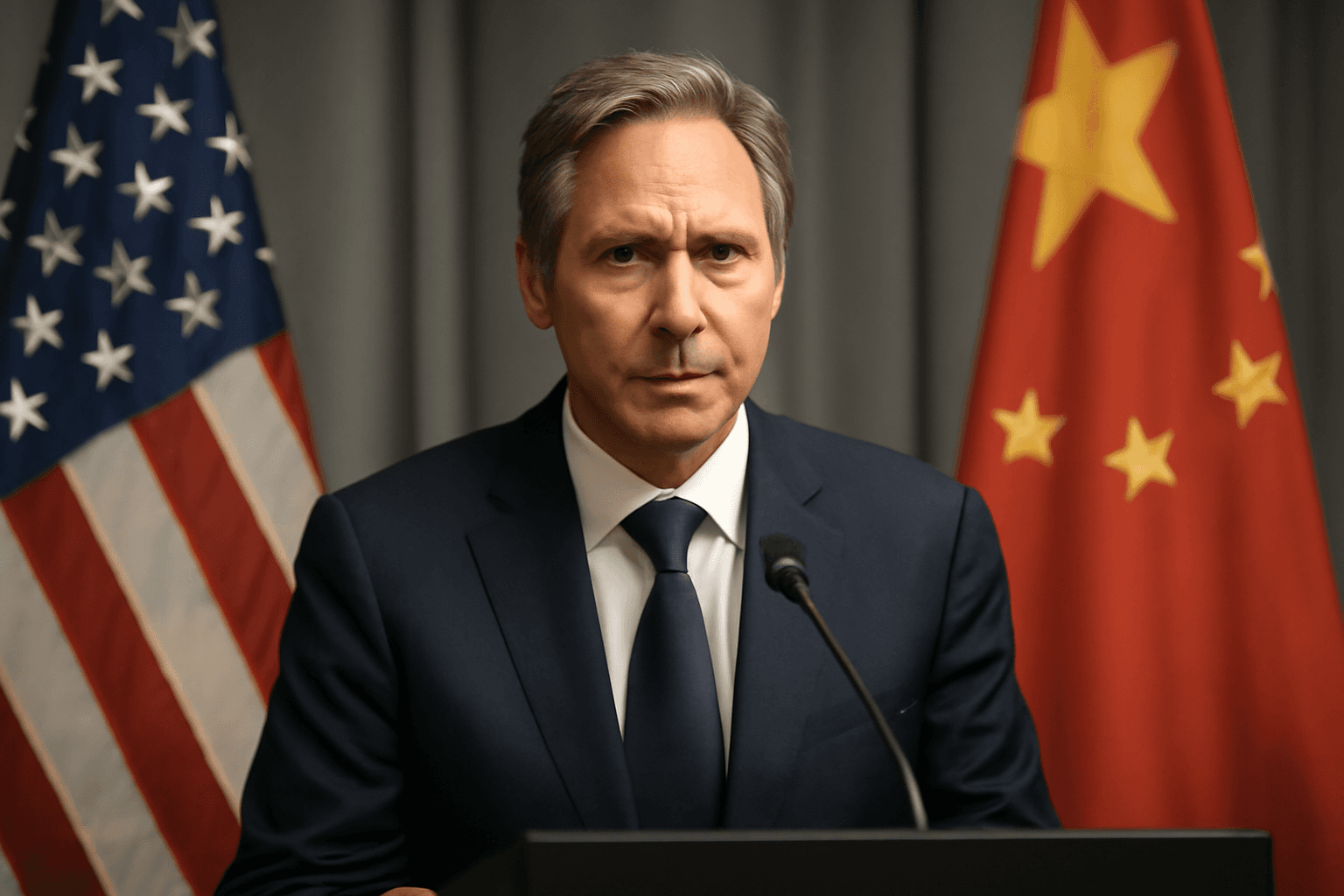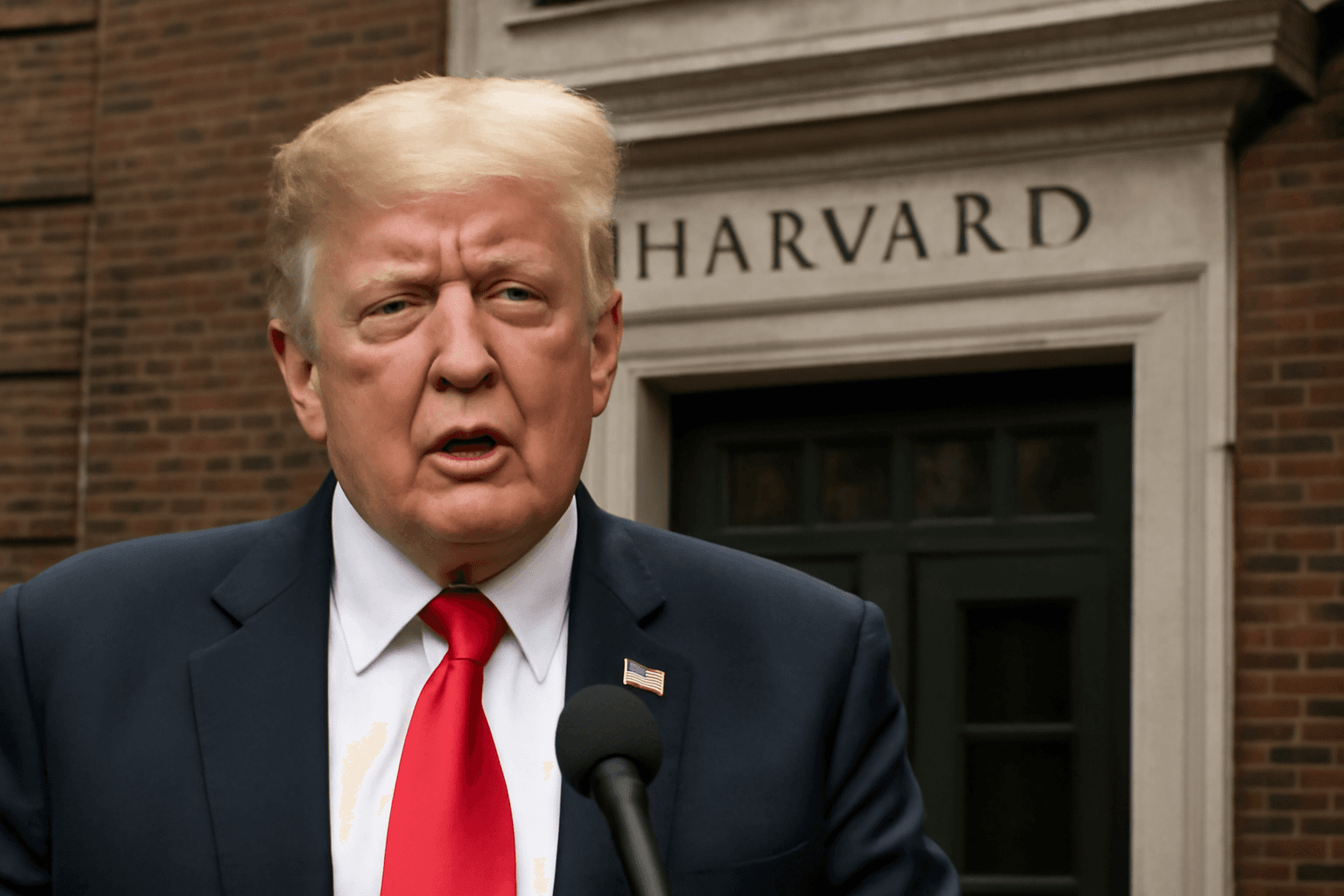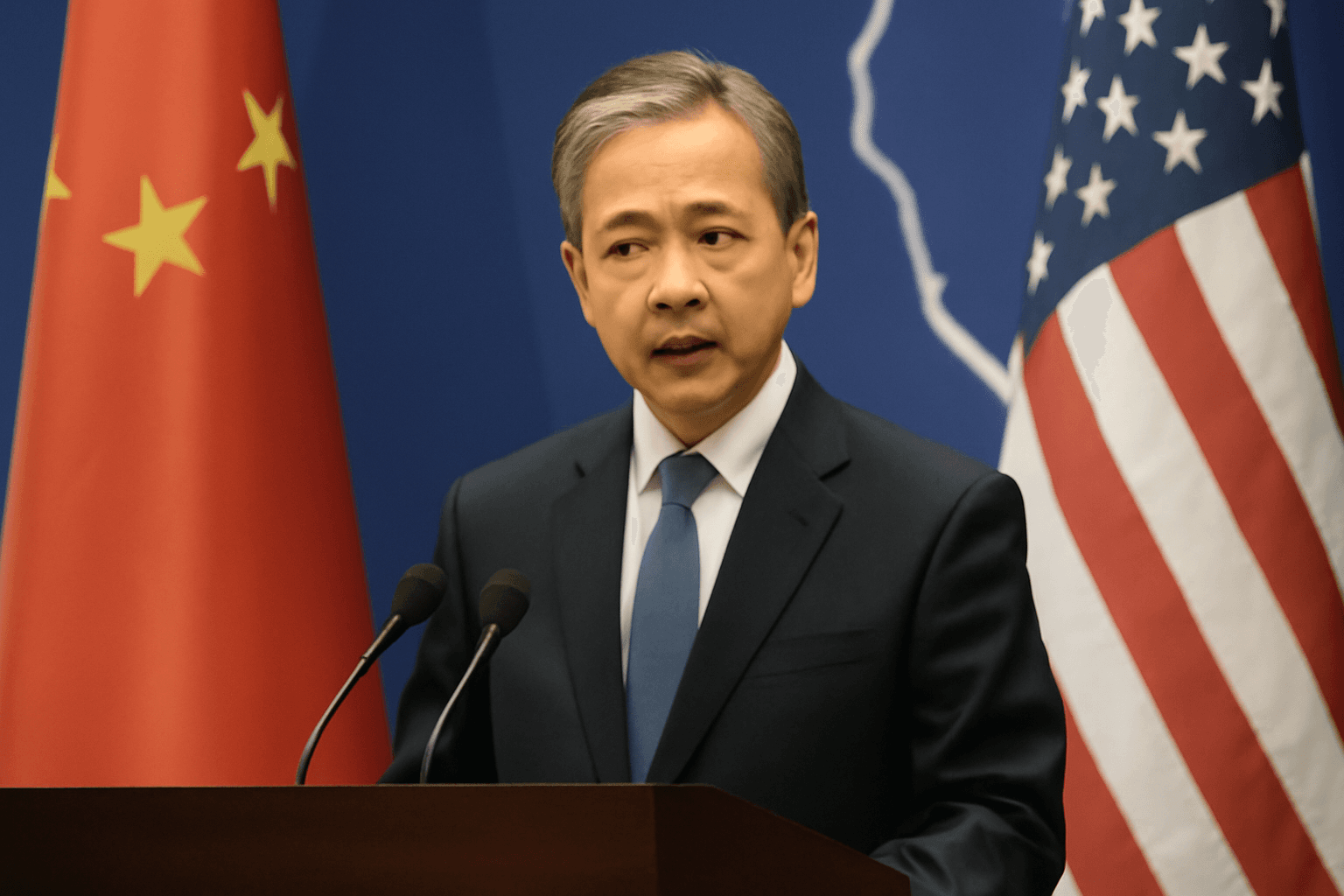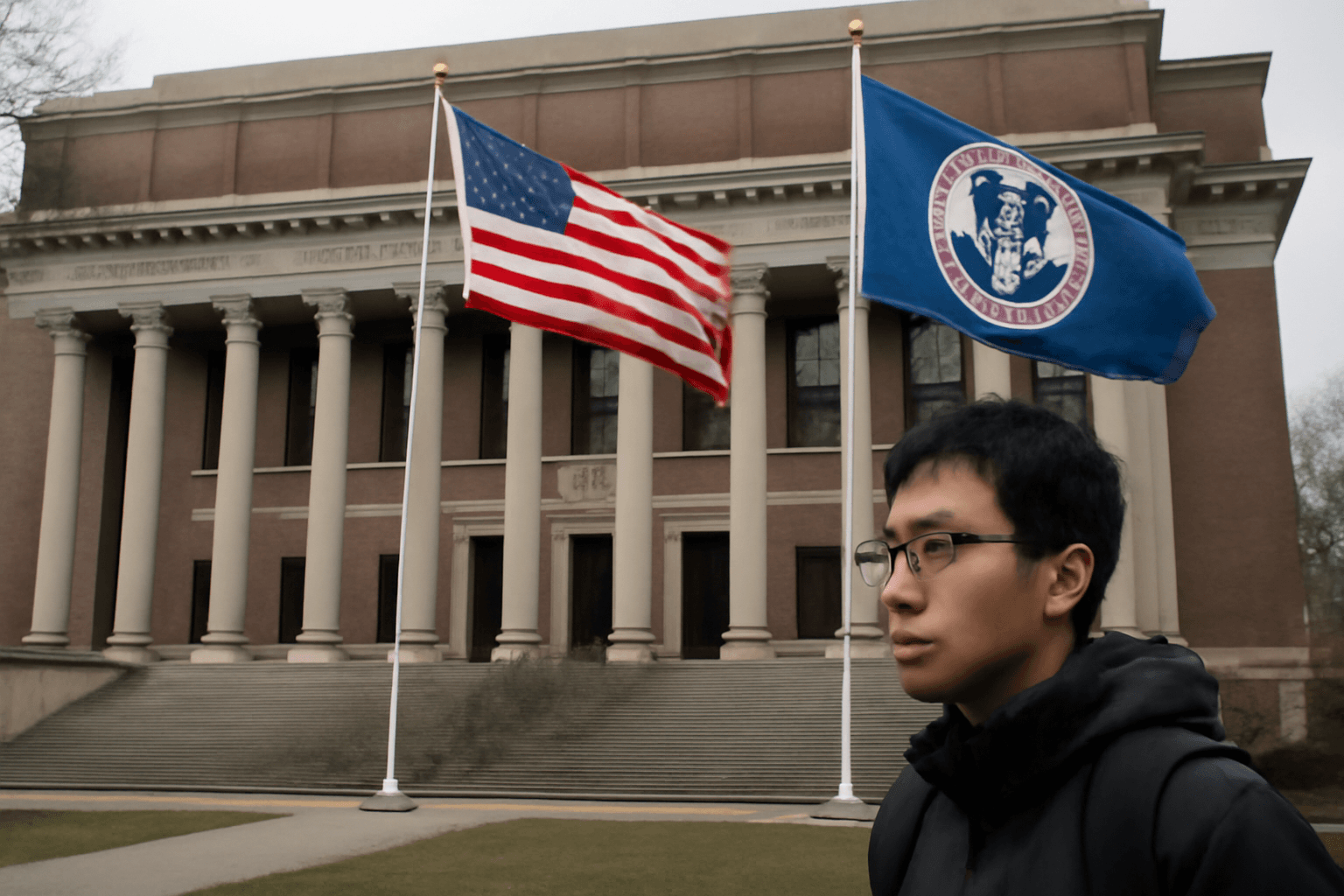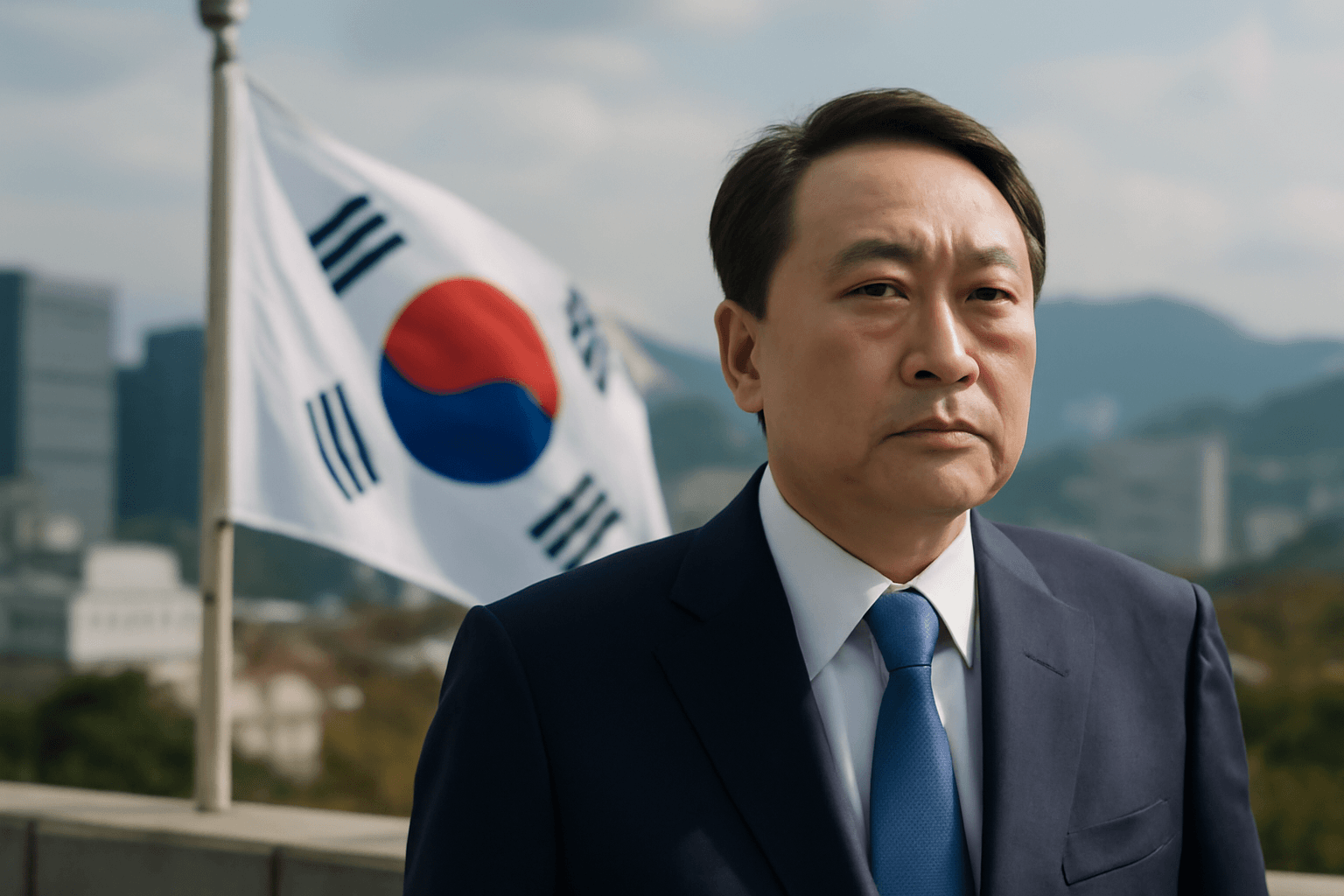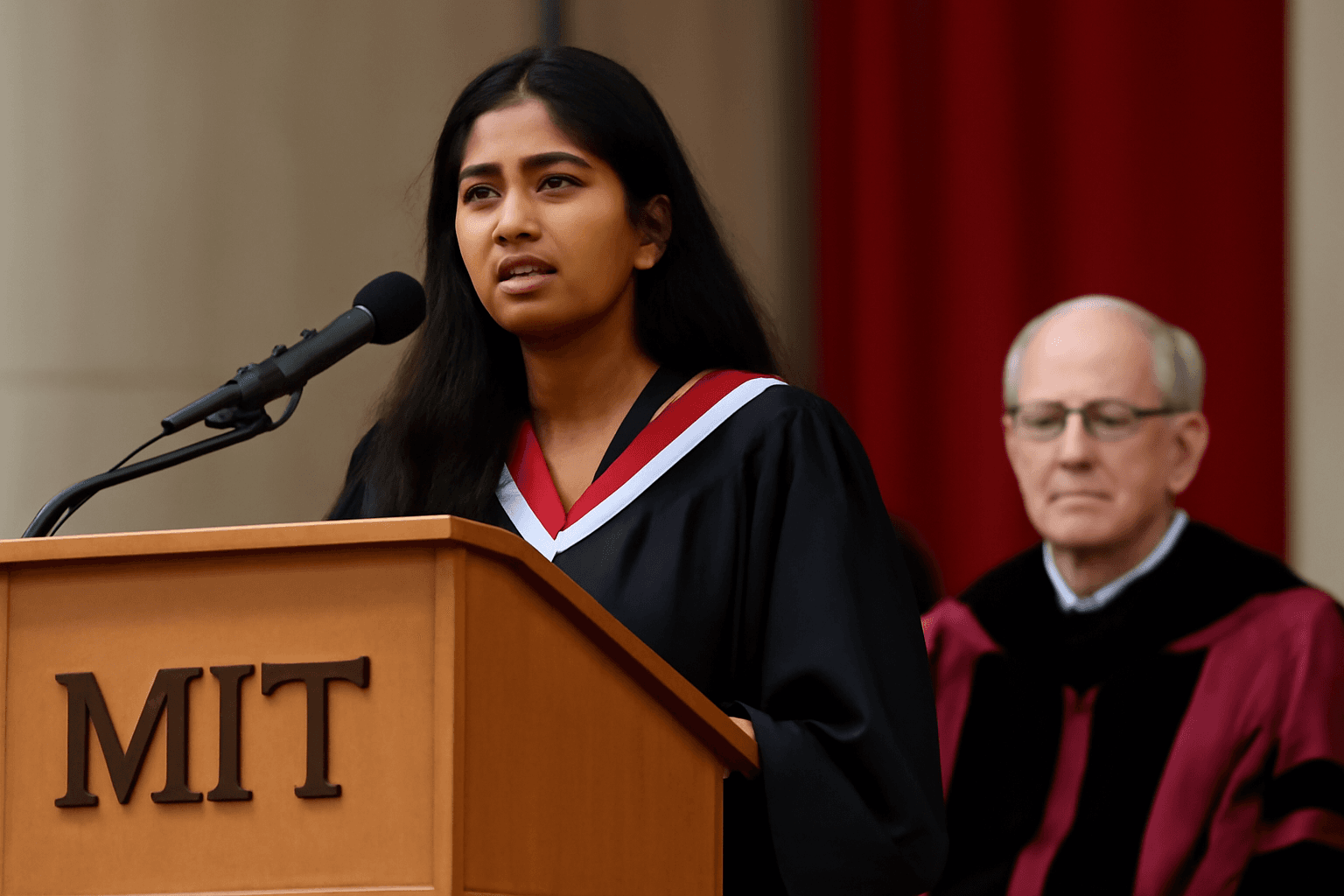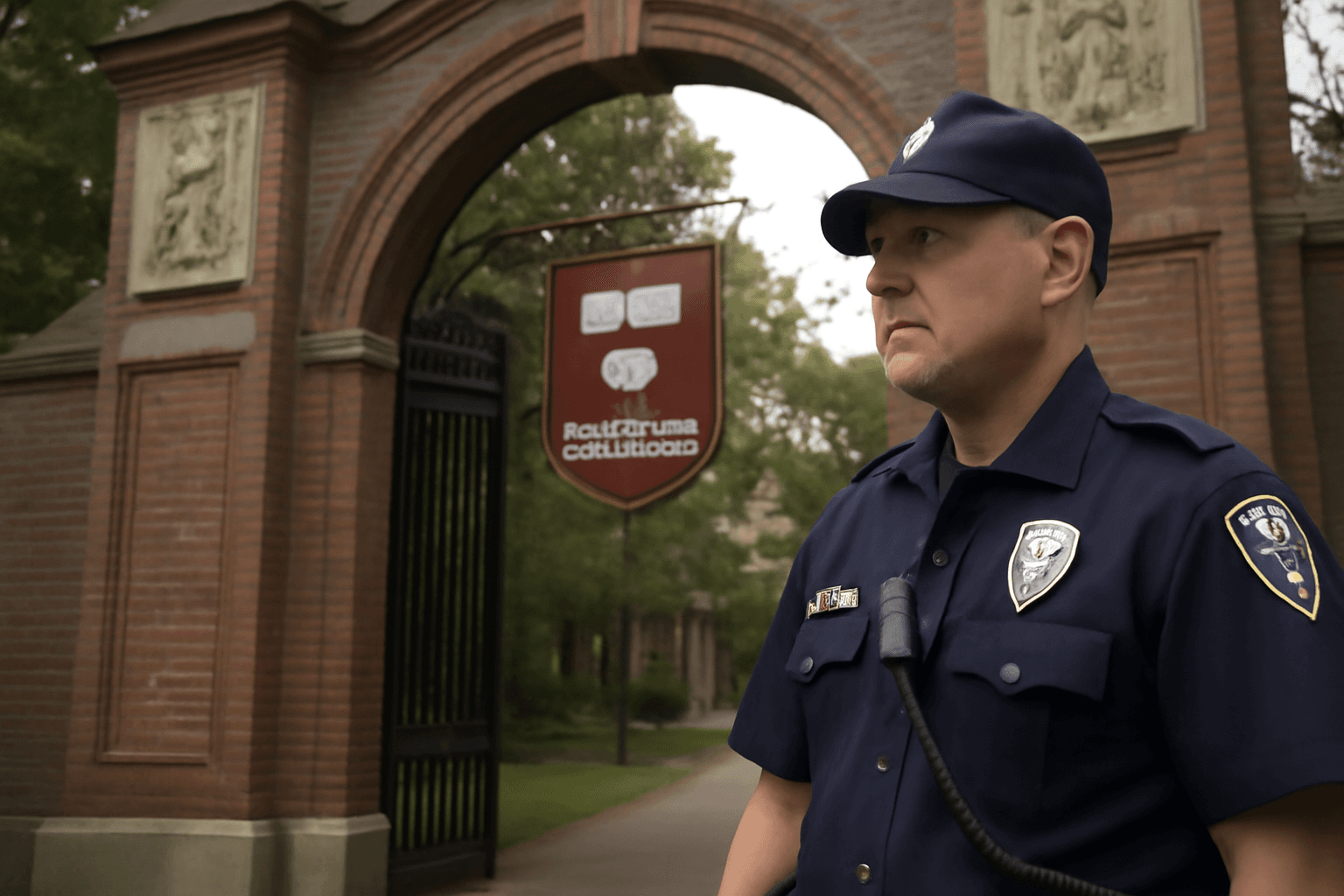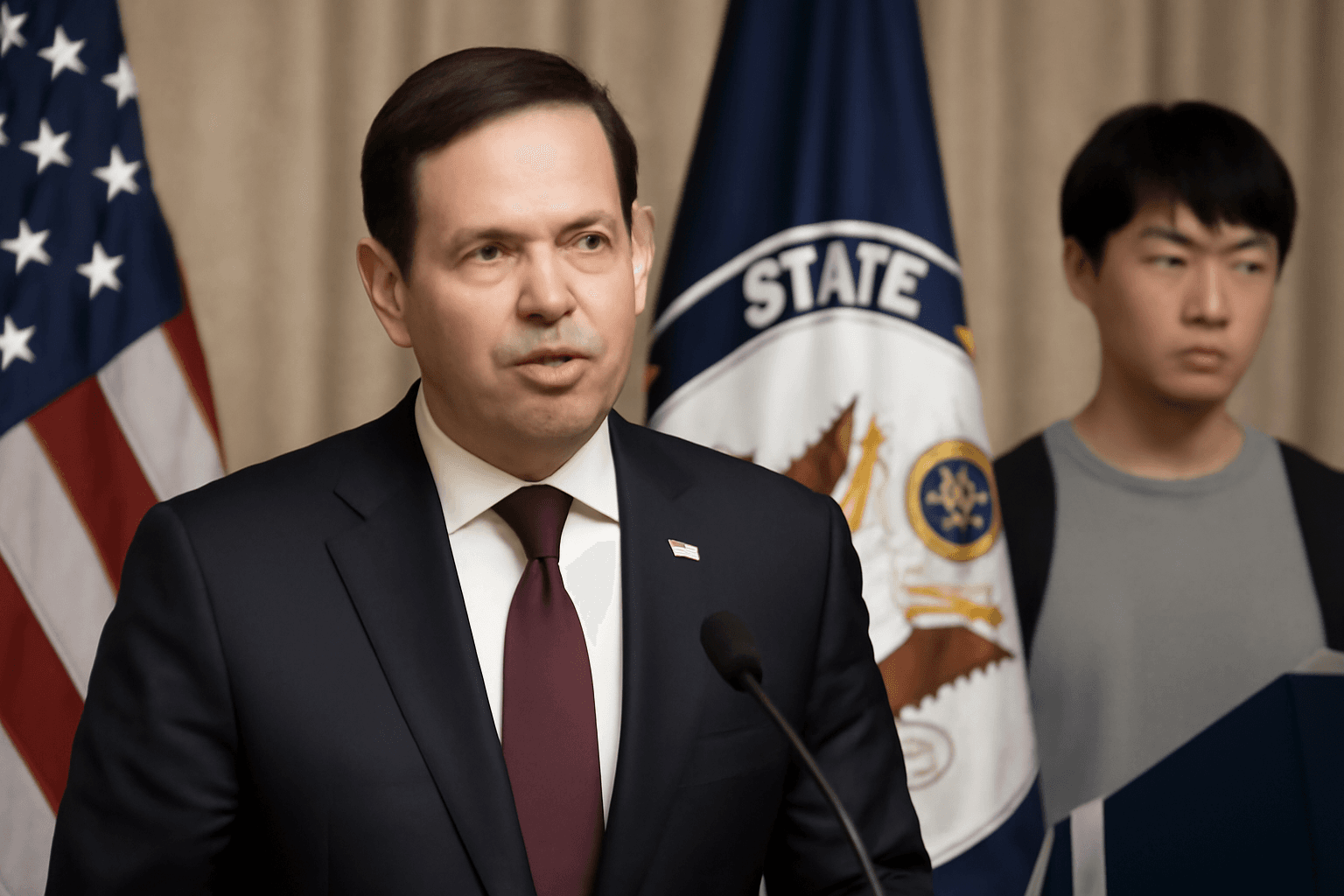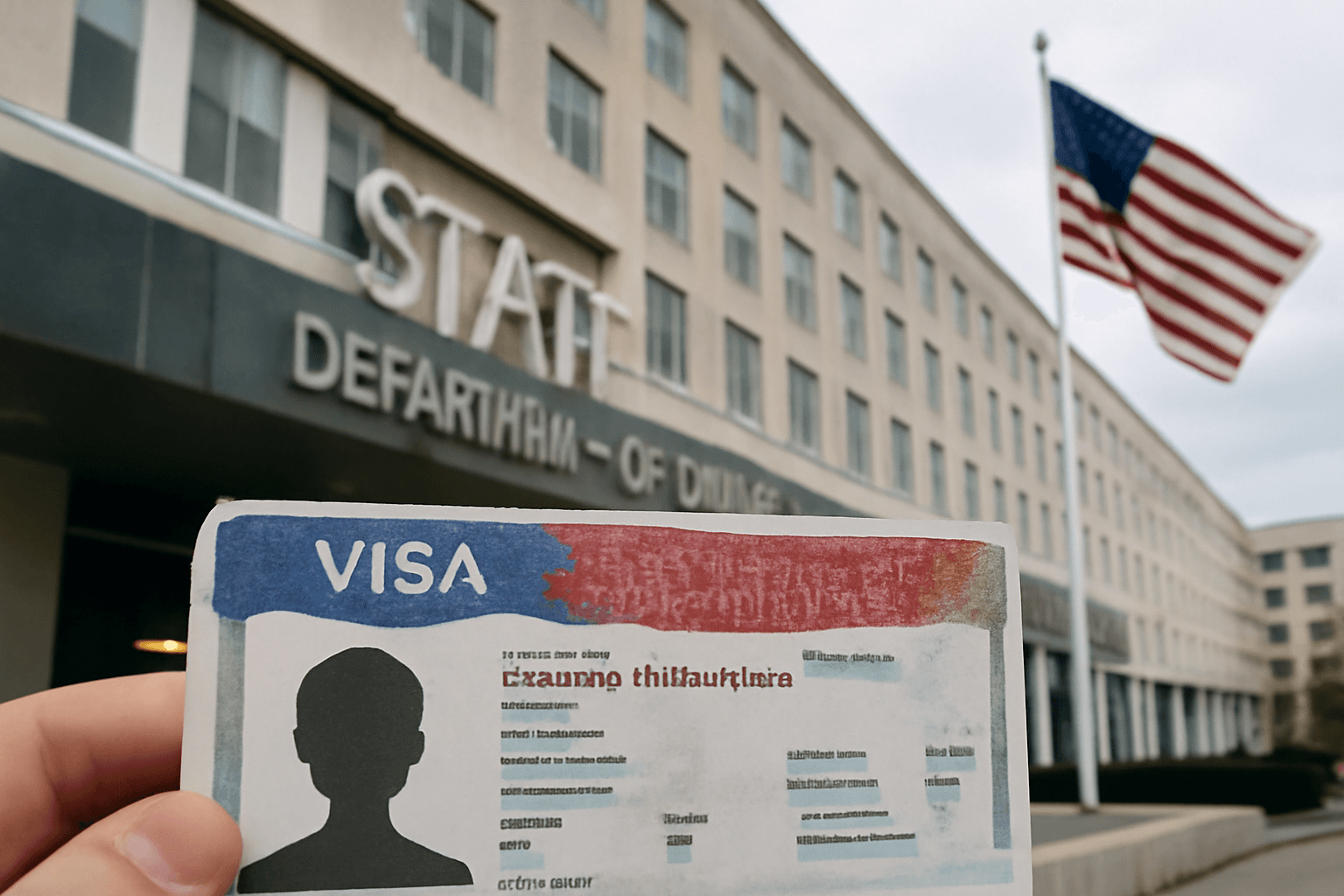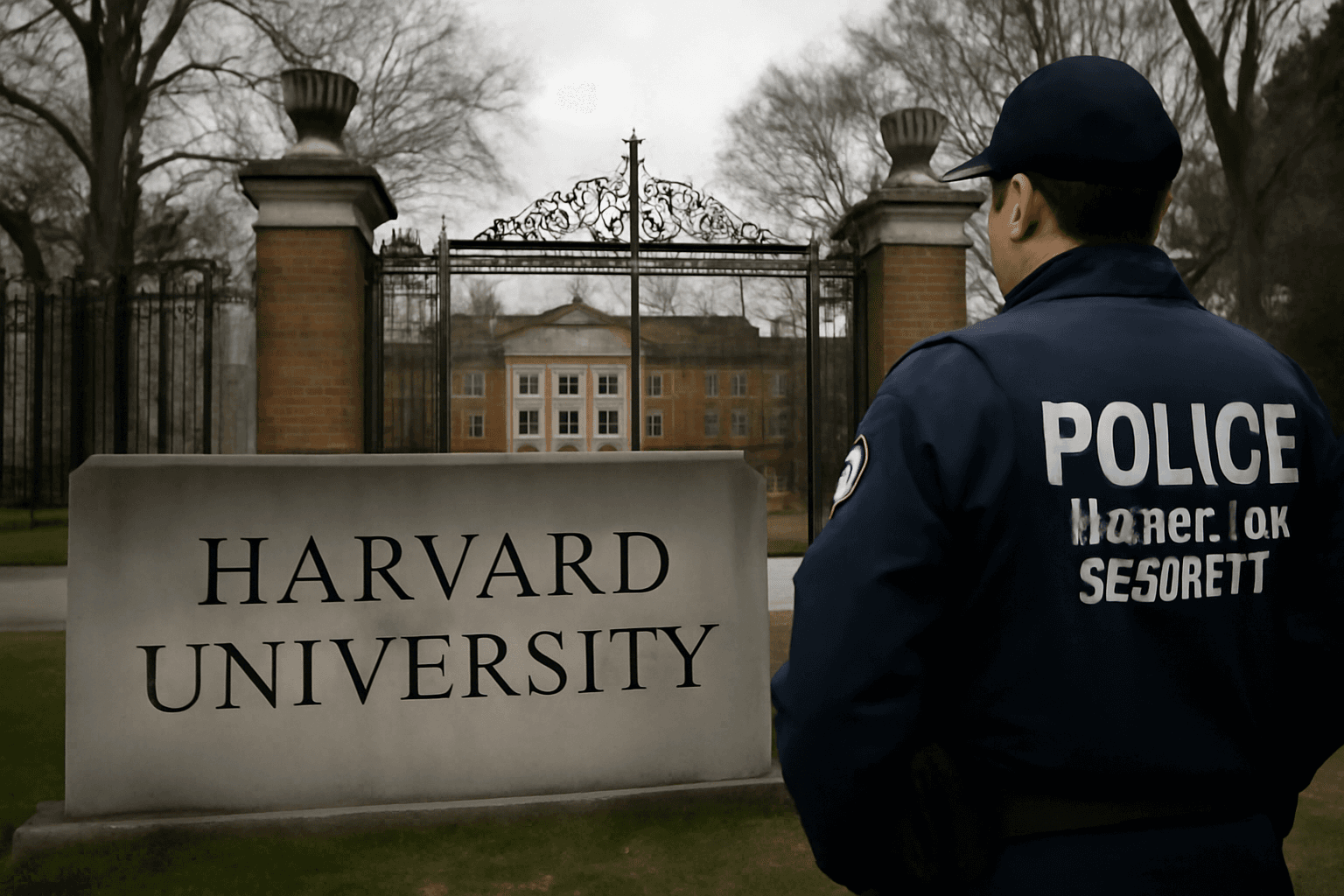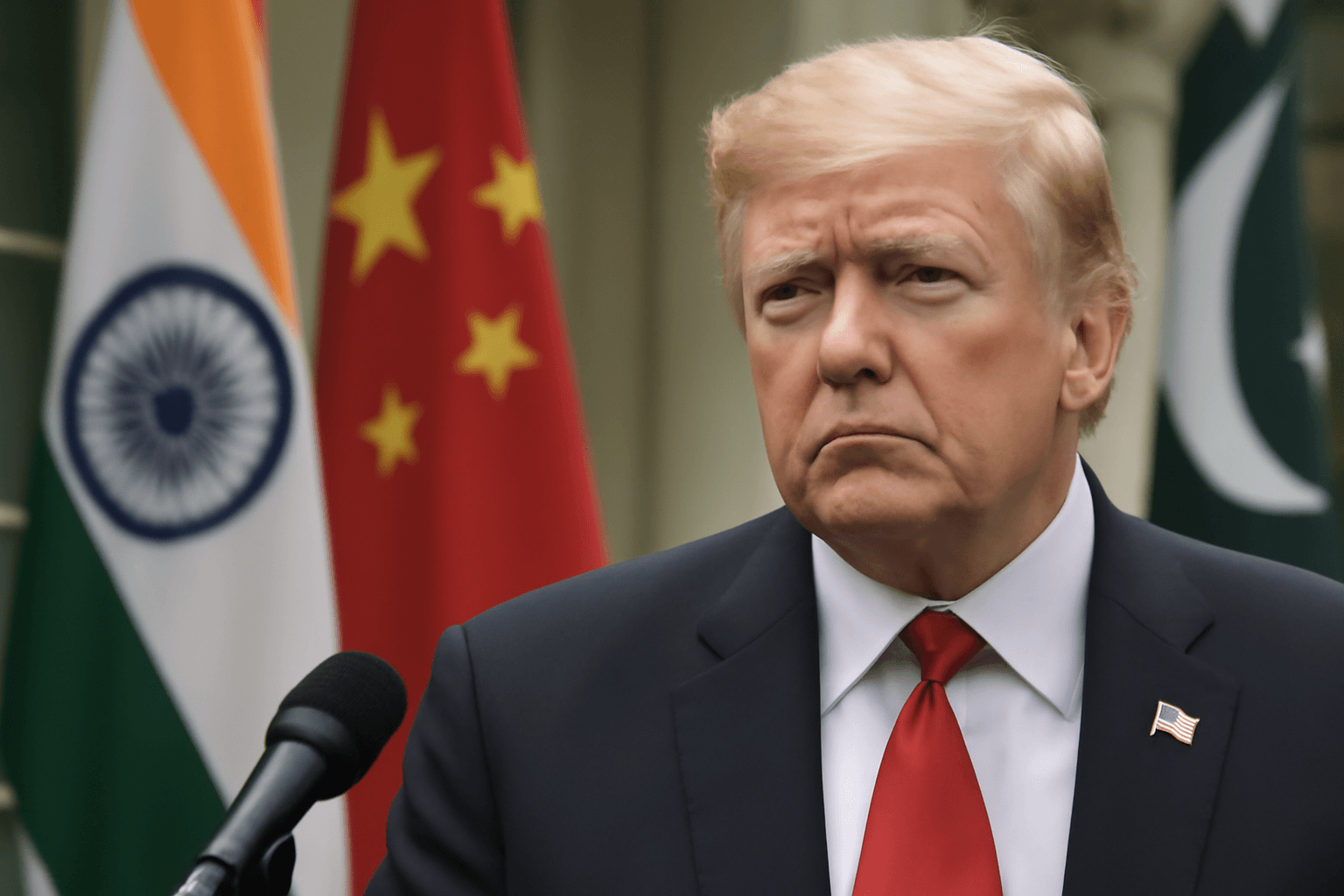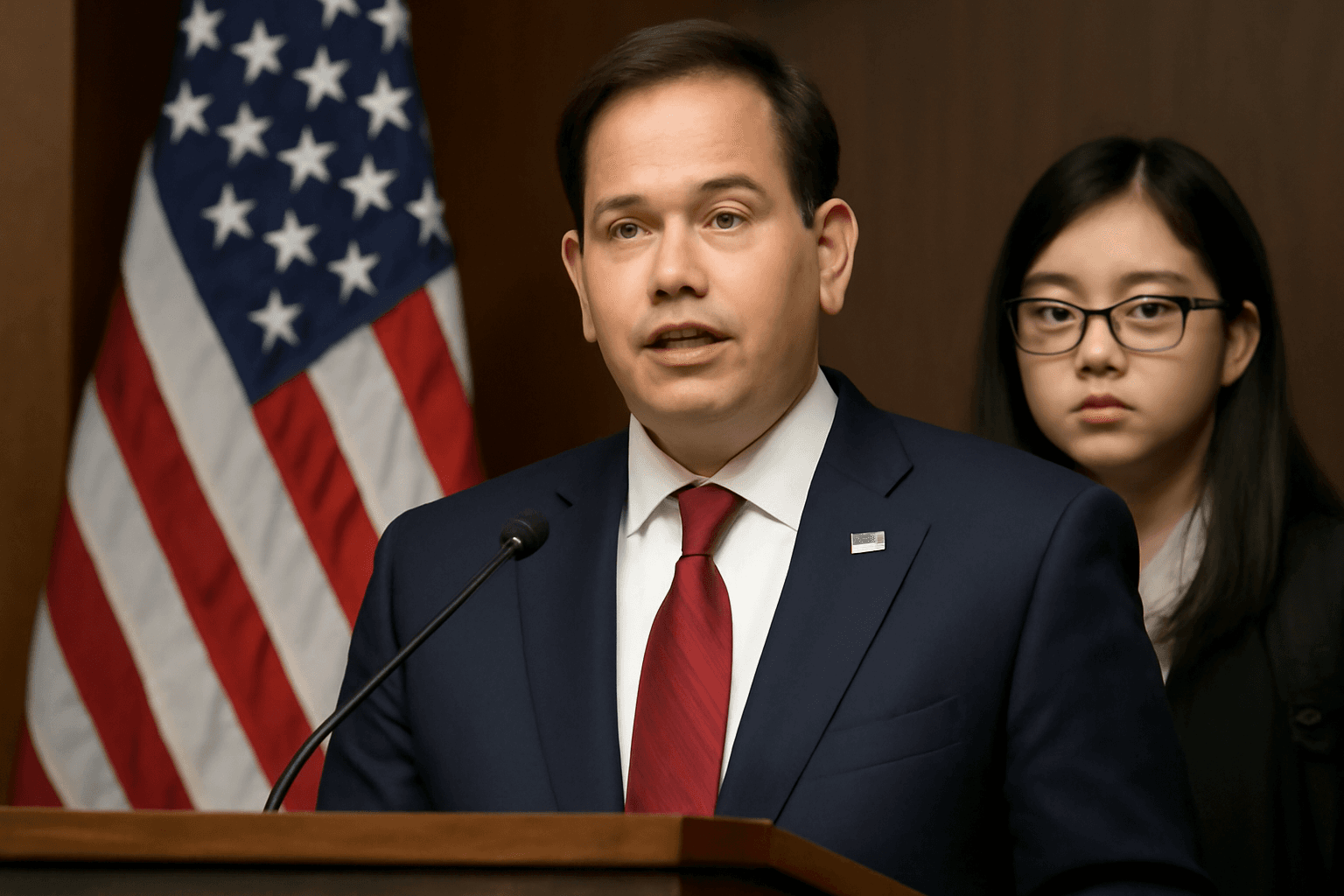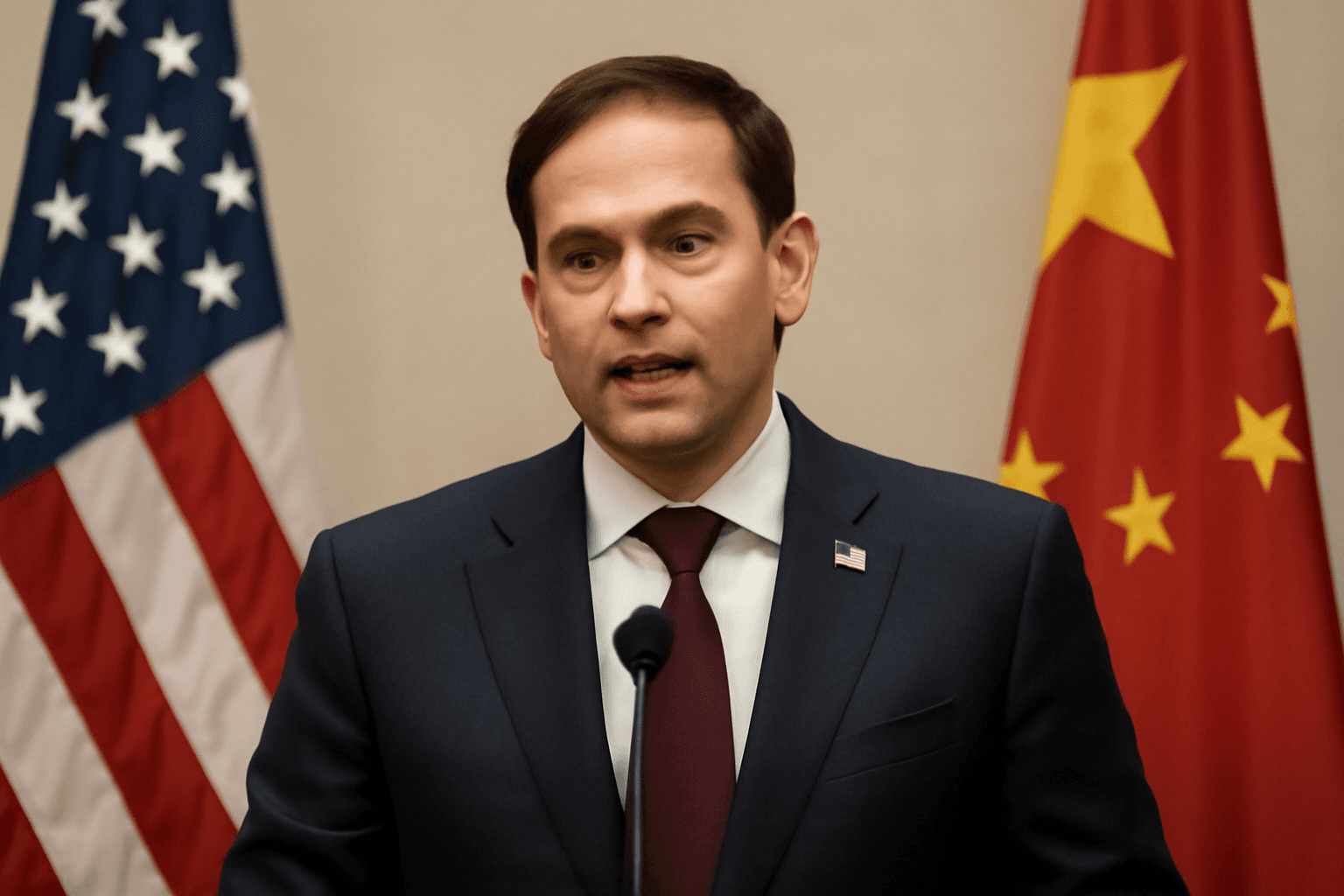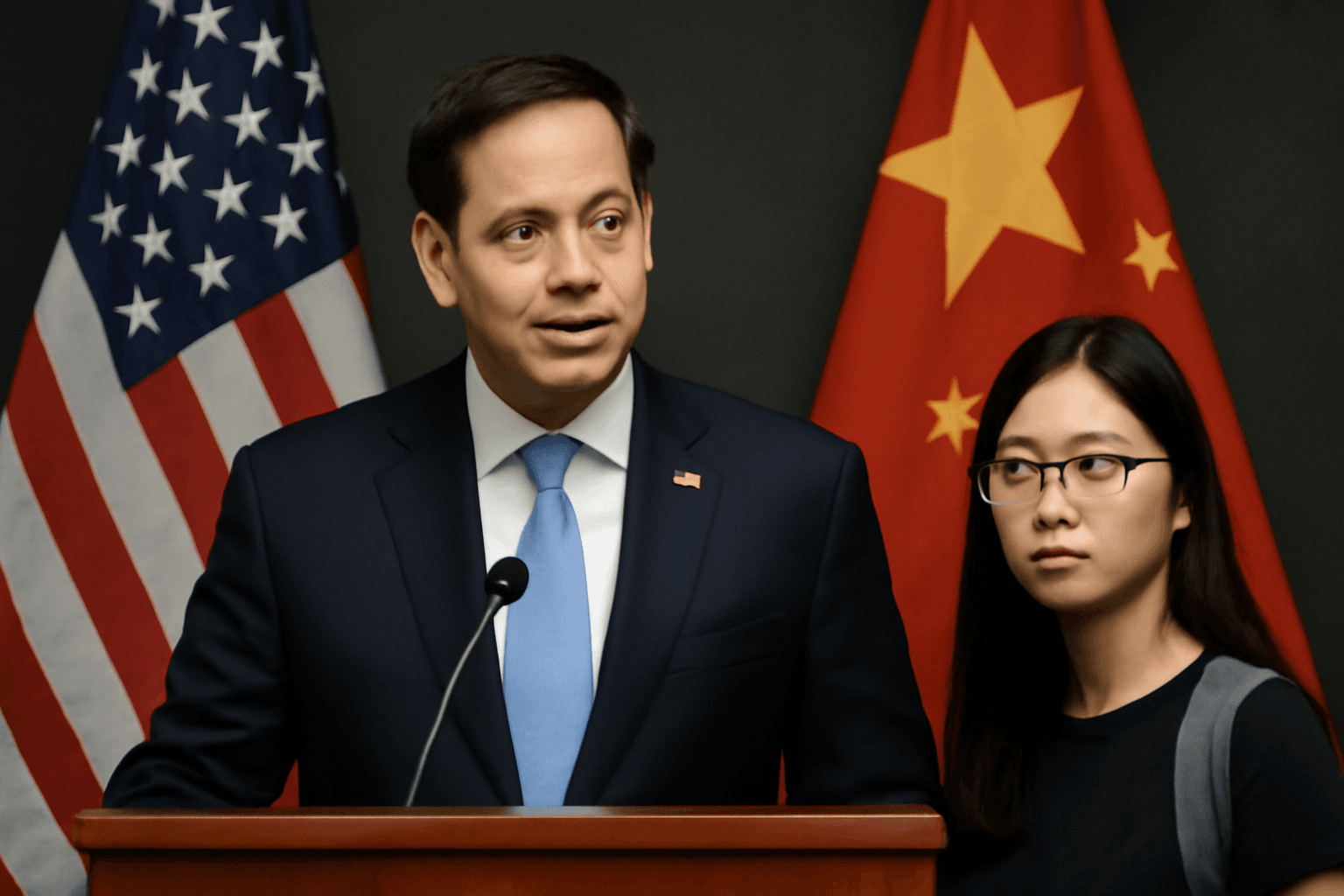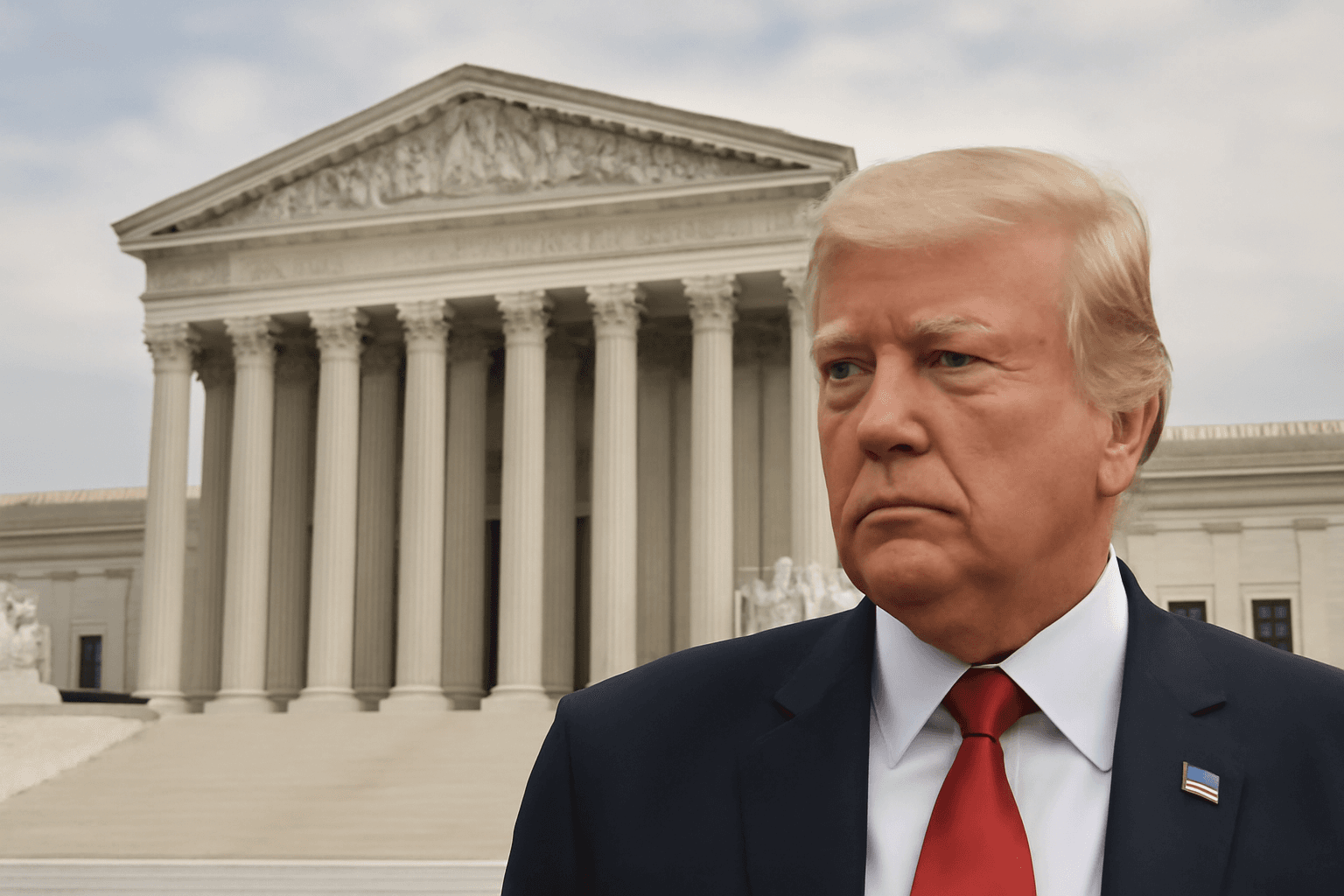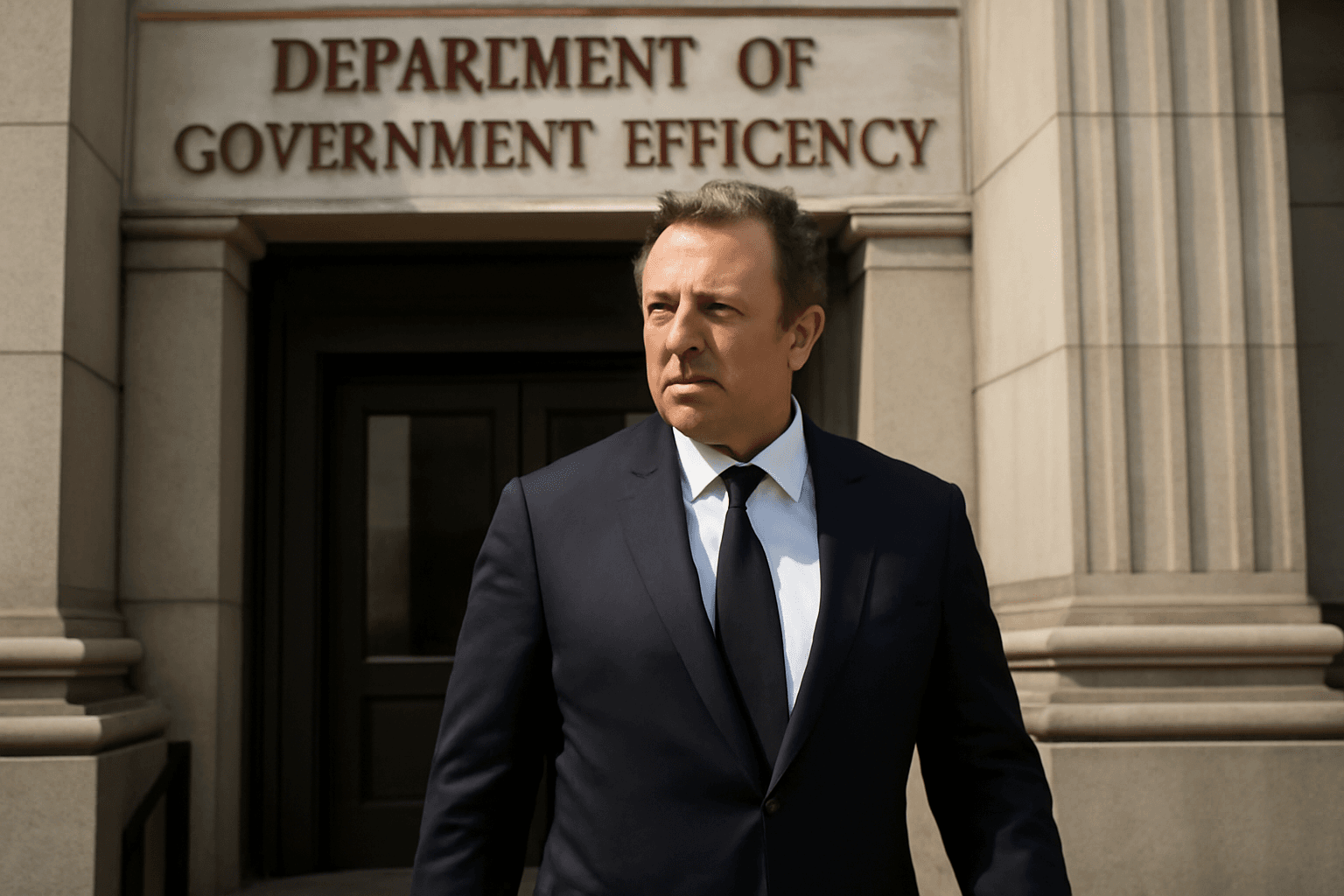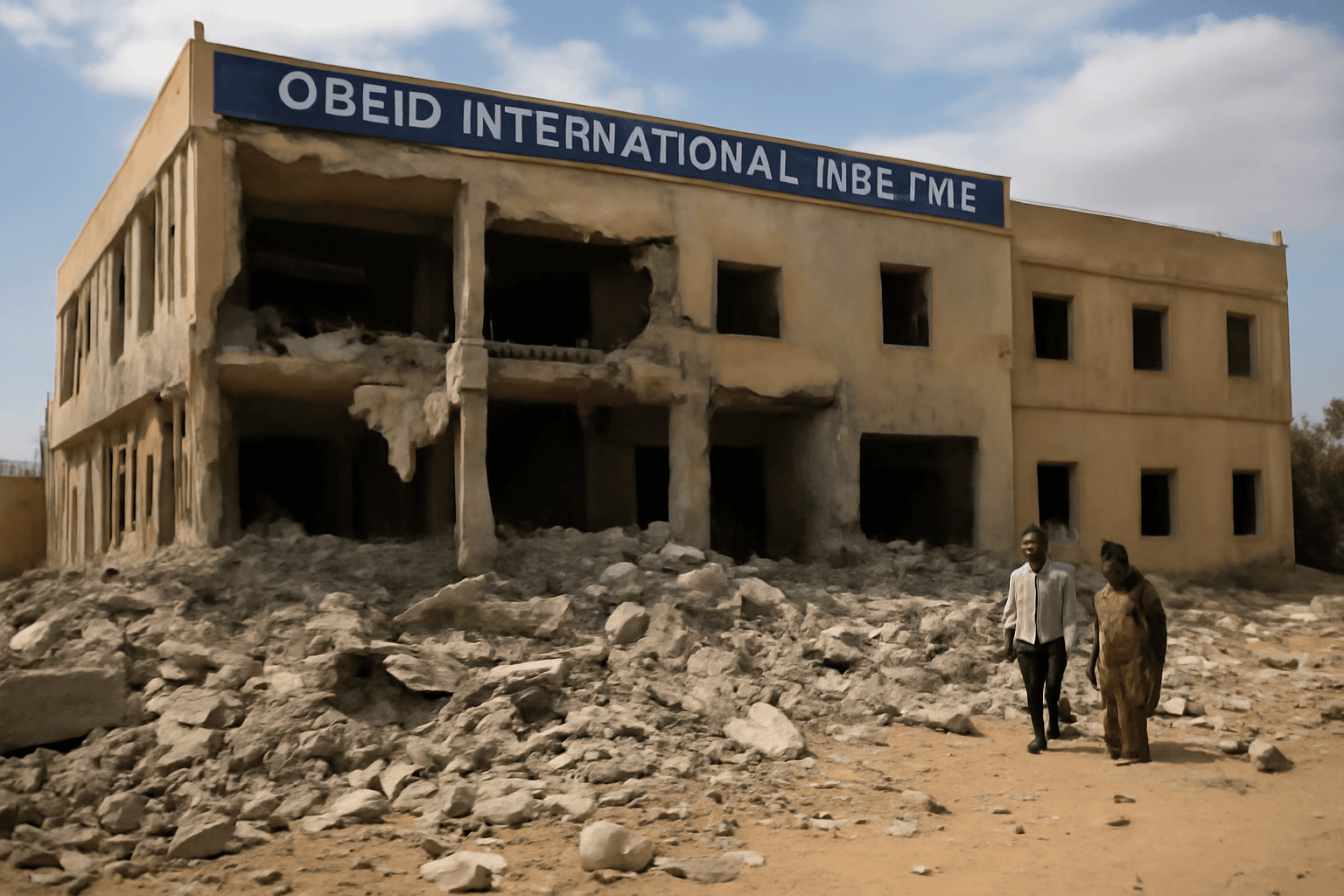The United States' move to aggressively revoke visas for Chinese students is the result of longstanding policy decisions and strategic efforts initiated during the previous administration. These measures aim to address national security concerns related to the influence of the Chinese Communist Party (CCP) within U.S. educational institutions.
During the 2023 campaign trail, former President Donald Trump pledged to restrict entry to individuals with alleged ties to the CCP, including efforts to shut down China-funded Confucius Institutes on American college campuses and prosecute Chinese researchers in U.S. universities. Key advisors emphasized that these policies reflected serious security risks associated with advanced technical fields and potential espionage.
Approximately 277,000 Chinese students studied in the U.S. last year. Current officials have committed to revoking visas of those with CCP affiliations or those engaged in sensitive scientific and technological disciplines. A White House spokesperson stated this initiative is part of broader attempts to protect the homeland against espionage and hostile actions.
China has strongly condemned the visa revocation policy as unreasonable, asserting it infringes upon the rights of Chinese students and disrupts cultural exchanges. The measure further strains U.S.-China bilateral relations, already tense due to prior trade disputes involving high tariffs and recent U.S. restrictions on critical technology sales, including semiconductor manufacturing software.
This visa policy serves as an initial step in reducing Chinese influence in the United States, with subsequent actions potentially targeting university funding for collaborations involving Chinese graduate students. U.S. immigration law prohibits Communist Party members from obtaining permanent residency or citizenship; however, this restriction has not traditionally extended to student or tourist visa holders.
Legislation constraining Chinese nationals from pursuing STEM-related studies has been introduced since 2020. Lawmakers highlight documented concerns regarding espionage under the guise of academic engagement. Efforts to close Confucius Institutes and oppose CCP influence on campuses reflect the ongoing national security focus.
In summary, the United States is intensifying measures to secure its educational and technological sectors from perceived threats associated with Chinese government influence.

